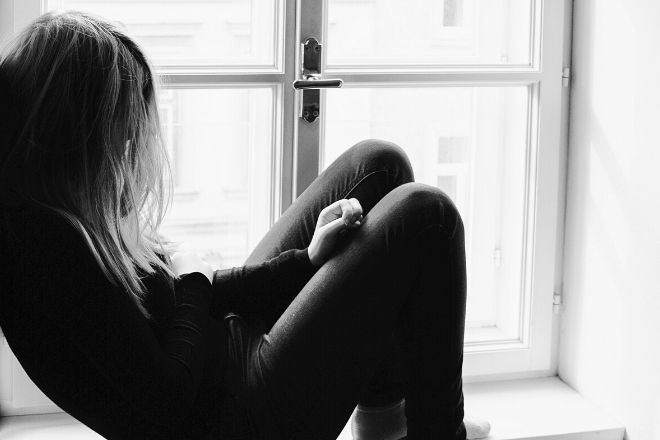This briefing, which is commissioned by the Healthcare Quality Improvement Partnership (HQIP) on behalf of NHS England, describes the findings from our real-time surveillance system (which was set up to respond to the COVID-19 pandemic) relating to child death by suicide in England during lockdown. By pooling information across all notifications of death, we aim to identify any changes in incidence and common risk factors, and support public health responses to COVID-19 to balance interventions to control the spread of the disease against the impacts that such interventions may have on population health.
“This report is the result of a huge collaborative effort, and shows what can be achieved if we all work together quickly and purposefully. It demonstrates the value of the child death review process and the impact it can have on improving children’s lives,” Dr Karen Luyt, NCMD Programme Lead
More specifically, we identified likely suicides between 1 January 2020 and 17 May 2020, and compared rates before and during lockdown (a comparison was also made with deaths occurring at a similar time in 2019). However, it is important to note, as child suicides are rare, that our analysis is based on small case numbers – meaning that we were unable to reach definitive conclusions.
This report does find, among the likely suicide deaths reported after lockdown, that restriction to education and other activities, disruption to care and support services, tensions at home and isolation appeared to be contributing factors. As such, clinicians and services should be aware of the need for continued vigilance and support during periods of physical distancing, particularly among children and young people previously known to mental health services.
To read the report in full, use the link below:
Information for parents/carers who are worried about their child’s mental health
What can I do if I am worried about my child right now? Services are still there to support you and your family during COVID-19:
- NHS Engalnd has recently published advice from their Associate National Clinical Director for CYP Mental Health, Professor Prathiba Chitsabesan, for parents and carers on how to support children and young people with mental ill health.
- If you are currently being supported by a Children and Young People’s Mental Health Services (sometimes known as CAMHS), Paediatric Services or Children’s Social Care, then talk to them if you are worried about your child.
- If your child needs urgent mental health support or advice, check nhs.uk for services in your area, including 24/7 crisis support.
- Anyone in a crisis can also text 85258 for SHOUT, the UK’s first 24/7 crisis text service (free on all major mobile networks, for anyone in crisis anytime).
- If you notice any physical injuries on your child, such as deep cuts or burns then you need to contact NHS 111 online or your GP for advice.
- The University of Oxford have also produced a guide for parents and carers to support their child or young person in dealing with self-harm.
- If they have taken an overdose or need urgent medical help, then call 999 or take them to the nearest A&E.
- If you are not sure what to do, you can contact your GP for advice, check NHS 111 online, YoungMinds Parents’ Helpline (Tel: 0808 802 5544; 9.30am to 4pm on weekdays) or the Samaritans (Tel: 0116 123 or email them at jo@samaritans.org).
- For parents and carers worried about their child’s eating problems or disorder, you can also refer to BEAT’s advice, support and helpline (Tel: 0808 801 0677).
Information for children and young people struggling with their mental health
Sometimes things can seem overwhelming, and you may feel you can’t cope. You may have an ongoing mental health problem that needs support or problems that are new. Don’t be afraid to ask for help:
- You can find useful NHS advice on a new blog post for young people struggling with their mental health.
- You can also find resources on the NHS website to help if you or someone you know is facing a mental health crisis, including local NHS 24/7 helplines where you can get direct support and advice.
- Papyrus (Prevention of Young Suicide), www.papyrus-uk.org provide confidential advice and support for young people who feel suicidal: HOPELineUK 0800 068 41 41; Text 07786 209 697; Email: pat@papyrus-uk.org.
- If you’re in distress and need support, you can ring Samaritans for free at any time of the day or night on Freephone Tel: 0116 123 (UK and Republic); www.samaritans.org.
Information for media
If you are a journalist covering a suicide-related issue, please consider following Samaritans’ media guidelines on the reporting of suicide, owing to the potentially damaging consequences of irresponsible reporting. In particular, the guidelines advise on terminology and include links to sources of support for anyone affected by the themes in the article.
Back to: Home | Other news

